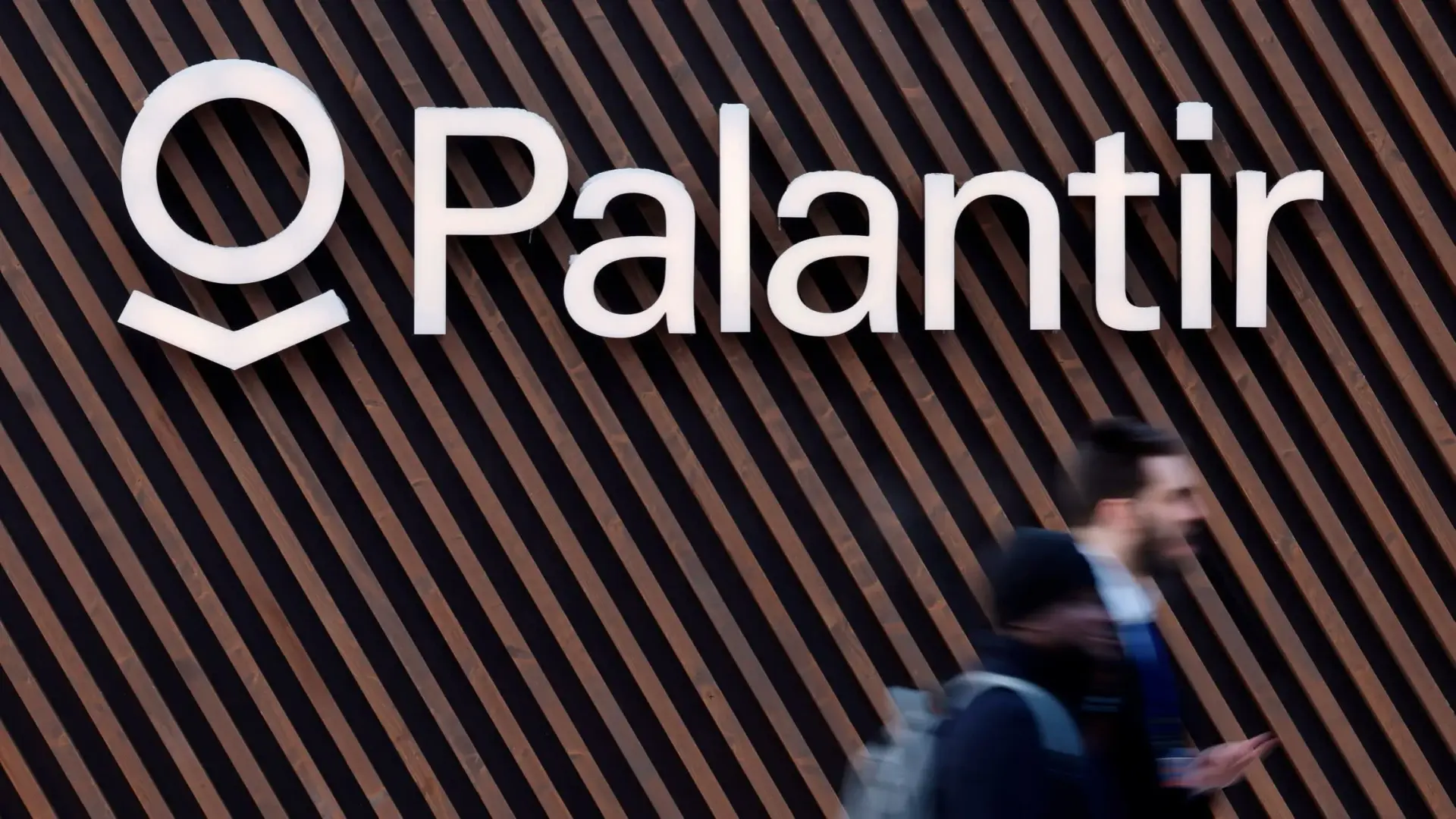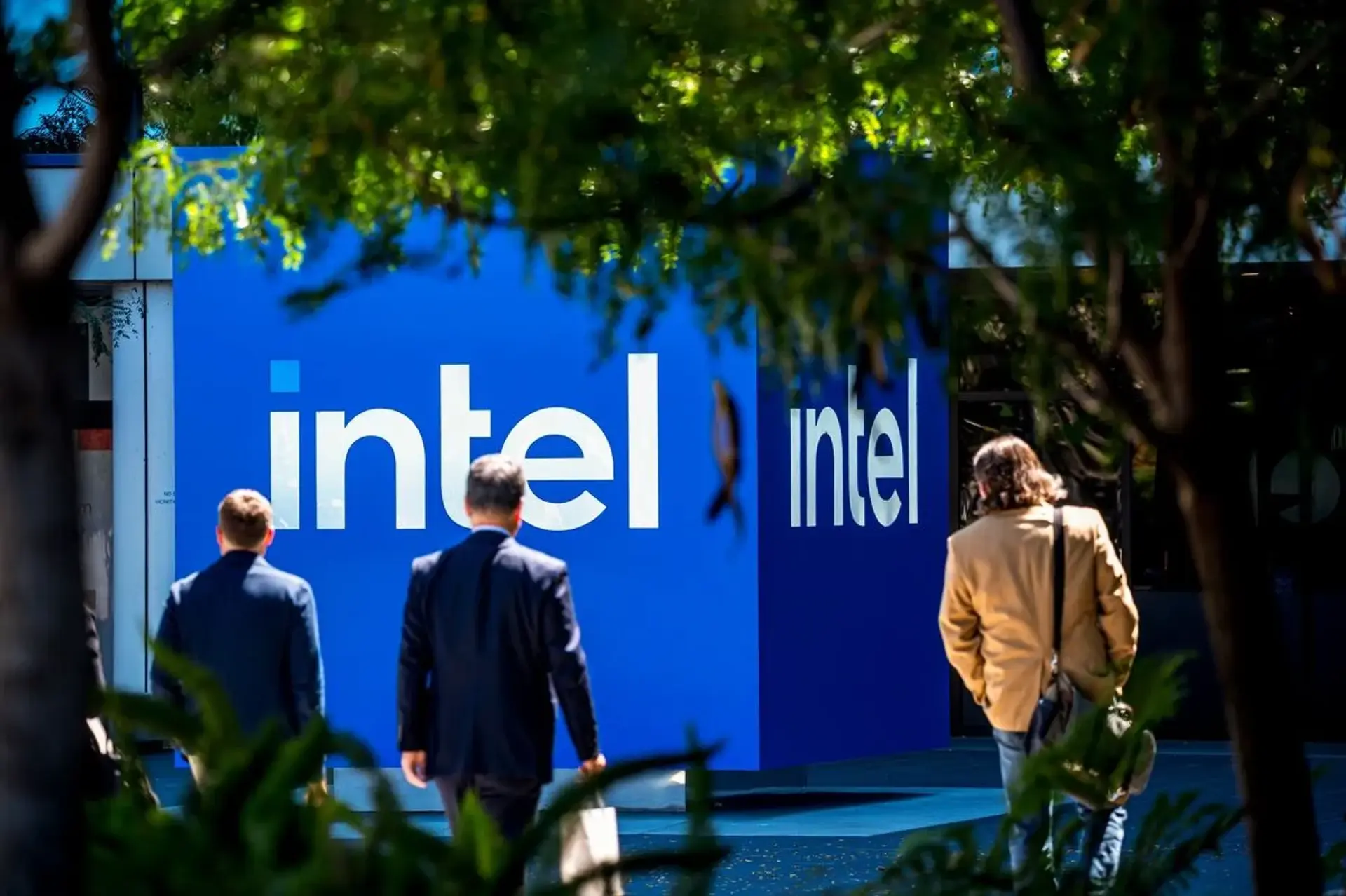Nato has formalised a contract to deploy artificial intelligence systems developed by Palantir Technologies, a company co-founded by Peter Thiel, a prominent supporter of Donald Trump. This move signifies a major step in integrating AI into Nato's military operations and strategic decision-making processes.
The contract, the financial details of which remain undisclosed, will see Palantir's AI technology used to enhance Nato's capabilities in several key areas. These include data analysis, predictive modelling, and improved situational awareness. The system is designed to process vast amounts of data from diverse sources, providing Nato commanders with actionable intelligence in a more timely and efficient manner.
Palantir's selection follows a competitive evaluation process, where its AI solutions were assessed against those of other leading technology firms. Nato's decision underscores the alliance's commitment to leveraging cutting-edge technologies to maintain its strategic advantage. The integration of Palantir's AI is expected to improve Nato's ability to respond to emerging threats and challenges, while also optimising resource allocation.
While the specific applications of Palantir's AI within Nato remain confidential, it is understood that the technology will support a range of activities, from counter-terrorism efforts to cyber defence and crisis management. The system's ability to identify patterns and anomalies in complex datasets will be crucial in detecting and preventing potential security breaches.
The adoption of Palantir's AI by Nato has sparked debate among security experts and privacy advocates. Concerns have been raised about the ethical implications of using AI in military contexts, as well as the potential for bias and discrimination. Nato has emphasised that it will adhere to strict ethical guidelines and legal frameworks in the deployment of AI technologies, ensuring that human oversight remains central to all decision-making processes. This acquisition marks a significant advancement in Nato's technological capabilities, but also highlights the growing importance of addressing the ethical and societal implications of AI in defence and security.




